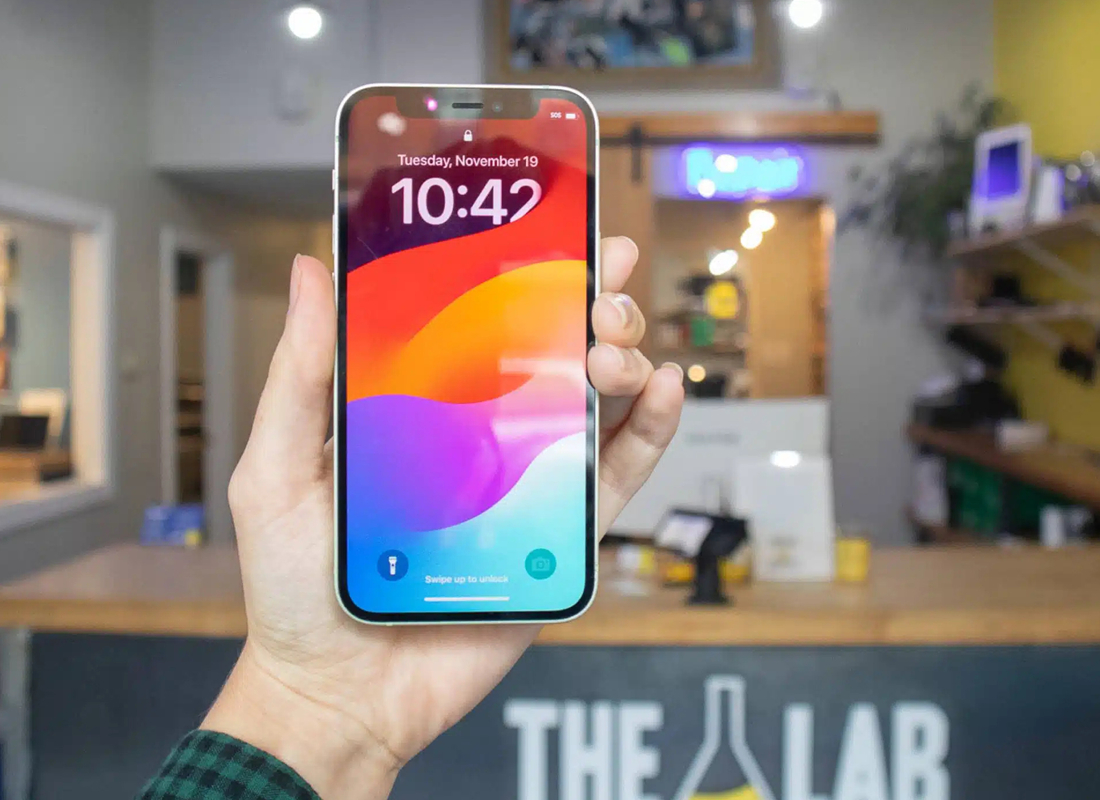In a world where individuality is celebrated, customizable options have become a vital aspect of many products and services. From clothing and furniture to software and vehicles, the ability to tailor items to personal preferences enhances user satisfaction and fosters a deeper connection between consumers and brands. Understanding the importance of customizable options can help you make informed decisions that align with your unique lifestyle and preferences.
One of the primary benefits of customizable options is the ability to create a product that meets specific needs. For instance, in the realm of furniture, customizable pieces allow you to choose dimensions, materials, and colors that fit seamlessly into your living space. This not only ensures that the item complements your existing decor but also maximizes functionality. A customizable sofa can be designed to fit perfectly in a small apartment, providing both comfort and style without overwhelming the space.
In addition to aesthetics, customizable options can greatly enhance functionality. When it comes to technology, for example, software applications that allow users to adjust features according to their workflow can significantly improve efficiency. Customizable dashboards, shortcuts, and layouts enable users to streamline their tasks and focus on what matters most. This level of personalization can lead to increased productivity, as individuals can tailor their tools to suit their specific working styles.

Moreover, customizable options often lead to a better user experience. When consumers have the power to choose features that resonate with their preferences, they are more likely to feel satisfied with their purchase. This is particularly evident in the fashion industry, where customizable clothing allows individuals to express their personal style. Brands that offer tailored clothing options not only cater to diverse body types but also empower customers to create unique pieces that reflect their identity.
Customizable options also play a significant role in fostering brand loyalty. When consumers feel that a brand values their preferences and allows for personalization, they are more likely to develop a strong emotional connection with the brand. This loyalty can translate into repeat purchases and positive word-of-mouth recommendations. Companies that prioritize customizable features are often seen as innovative and customer-centric, further enhancing their reputation in a competitive market.
Additionally, the rise of e-commerce has made it easier for consumers to access customizable options. Online platforms often provide interactive tools that allow users to visualize their choices in real time. This not only enhances the shopping experience but also reduces the likelihood of buyer’s remorse. When consumers can see how their selections come together, they are more confident in their decisions, leading to higher satisfaction rates.
Customizable options have become essential in various industries, offering numerous benefits that enhance user experience and satisfaction. By allowing individuals to tailor products to their specific needs and preferences, brands foster deeper connections and encourage loyalty. Whether in furniture, technology, or fashion, the ability to customize empowers consumers to create solutions that truly resonate with their lifestyles. As personalization continues to be a driving force in consumer behavior, businesses that embrace customizable options are likely to thrive in an ever-evolving marketplace.

